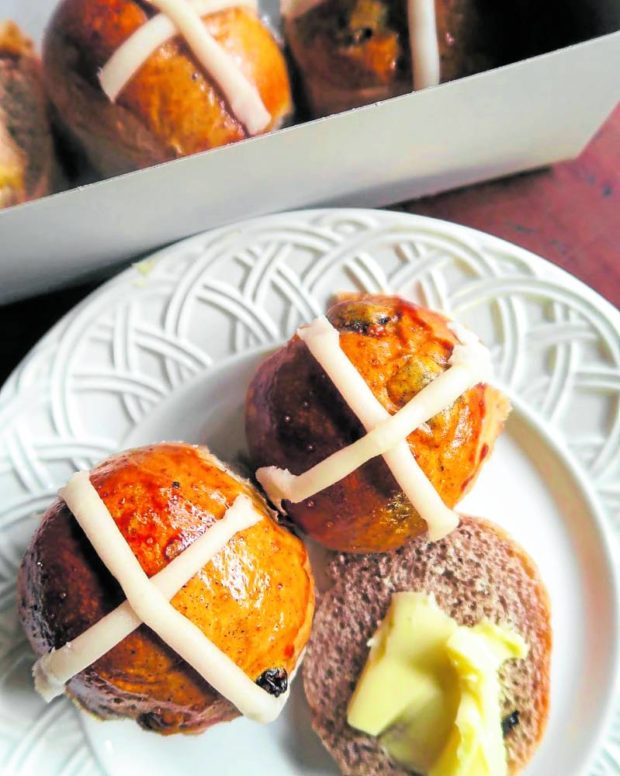Easter dining traditions
Happy Easter! He is Risen! And so today, and after 40 days of fasting (or not), we eat!
After writing about Palm Sunday dining traditions, let’s check out these Easter traditions so we can put a little meaning to our eating.
Easter eggs
Eggs symbolize new life, rebirth and the brightness of spring. The tradition of eggs as Easter food dates back to Mesopotamian Christians who dyed eggs to represent Christ’s blood, creating delicate designs on the shells and then giving the eggs to loved ones.
There is also a cute legend that says that when Jesus was resurrected, Mary Magdalene went to the Roman emperor to deliver the news and she gave him an egg as a present. The emperor doubted her testimony and so dared her that if her report was true, and Jesus was indeed resurrected, the egg would turn red … and voila (!), the egg did turn red! Hence, the Easter tradition of painting eggs began. In other places, Easter eggs are painted red simply to symbolize the blood of Christ.
In Bulgaria, there is a tradition that the first painted egg received should be red and it should be kept until the next Easter, in the belief that this will bring prosperity. Then, the rest of the eggs are painted blue, green, yellow, purple or whatever color you desire, with beautiful designs.

HARD TO FIND Tilde Bakery & Kitchen makes hot cross buns for Easter. —Photo from @tildebakery Instagram
Around Eastern Europe, there is also another tradition wherein the eggs are painted on Holy Thursday or Holy Saturday and then brought to church to be blessed by a priest. Come Easter, everyone chooses an Easter egg and hits another family member’s egg until only one egg remains intact. The survivor is called “borets” (fighter) and he or she will be happy and healthy all year long.
Article continues after this advertisementLamb
The tradition of eating lamb is even older. It goes all the way back to the Jewish Passover, which is traditionally a spring festival when the Passover Lamb is killed. For Christians, lamb is eaten during Easter to remember the sacrifice of Jesus, the “lamb of God.”
Article continues after this advertisementHot cross buns
These are spiced sweet buns made with fruit and marked with an icing or dough cross on top. (You can order from Tilde Bakery via Instagram @tildebakery; Flour Pot via Instagram @flourpotmanila; or Somerset Home-Baked Goodies via their Facebook page.)
They are traditionally eaten on Good Friday in the United Kingdom, Ireland and Australia, as well as other former British colonies, to mark the end of Lent.
Hot cross buns date back to the 16th and 17th century text stating: “Good Friday comes this month, the old woman runs with one or two a penny hot cross buns.” Another version is from a 1733 rhyme: “One a penny, two a penny, hot cross buns.”
There is also a tradition of hanging the hot cross bun on Good Friday which, legend says, will keep the bread fresh and mold-free throughout the entire year, symbolizing the body of Christ which did not show any signs of decay after his crucifixion and prior to his resurrection. The bun is then replaced just every Good Friday.
In 1592, Queen Elizabeth I decreed that hot cross buns were simply too special to be eaten on regular days and declared that these could be eaten only on Good Friday, Christmas or for burials. So people just made them at home, at the risk of being caught with the illegal buns. There is another report that says she banned them because they were said to have “magical healing powers.”
I don’t know about magical healing bread but I join those who will attest to powers of the Bread of Life. This very special Bread brings inner peace, joy and eternal life. Best of all, it has zero calories and you can enjoy it all day, everyday. It is the ultimate comfort food!
Here’s to being filled with all the treats and blessings that Easter offers. Rejoice! INQ